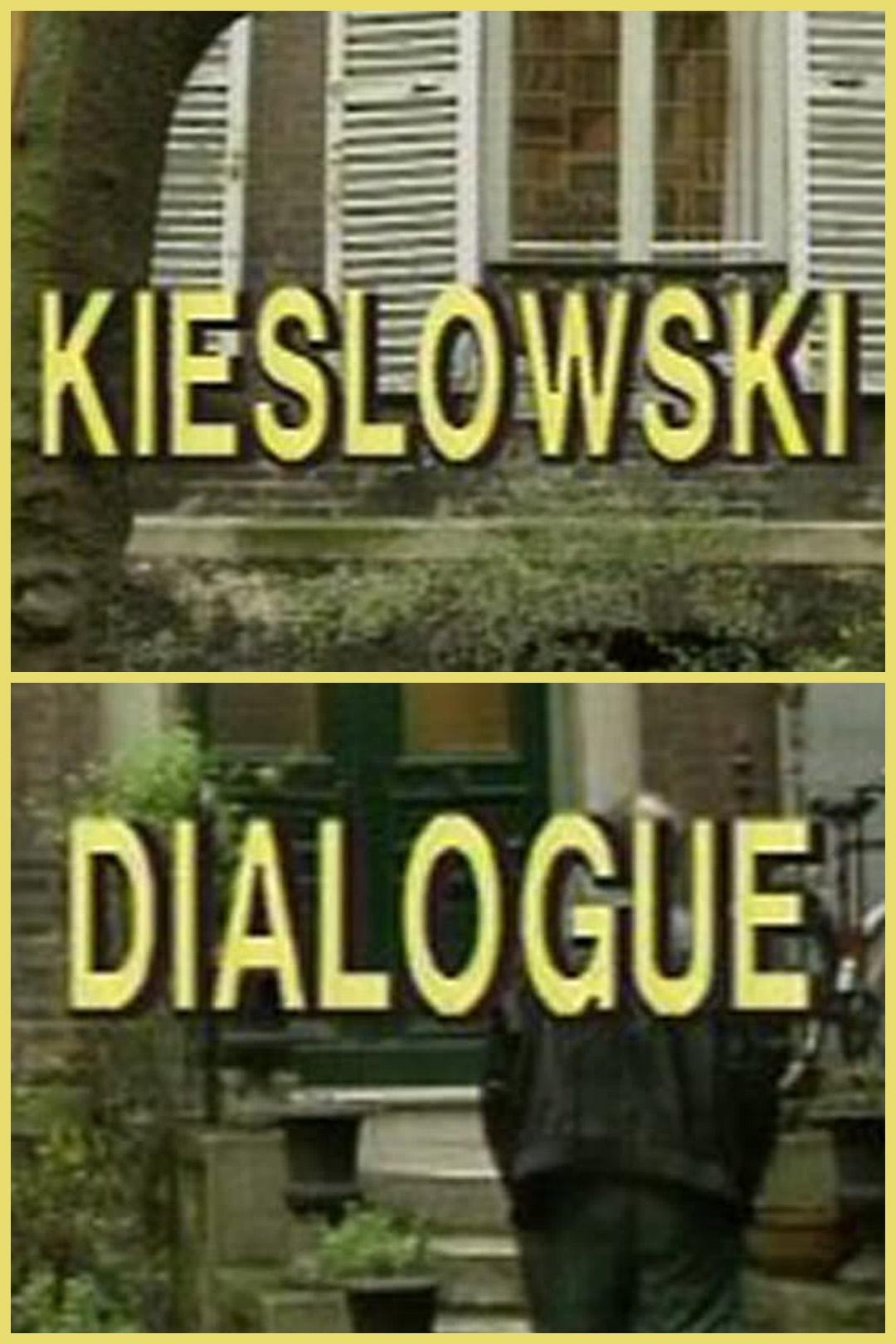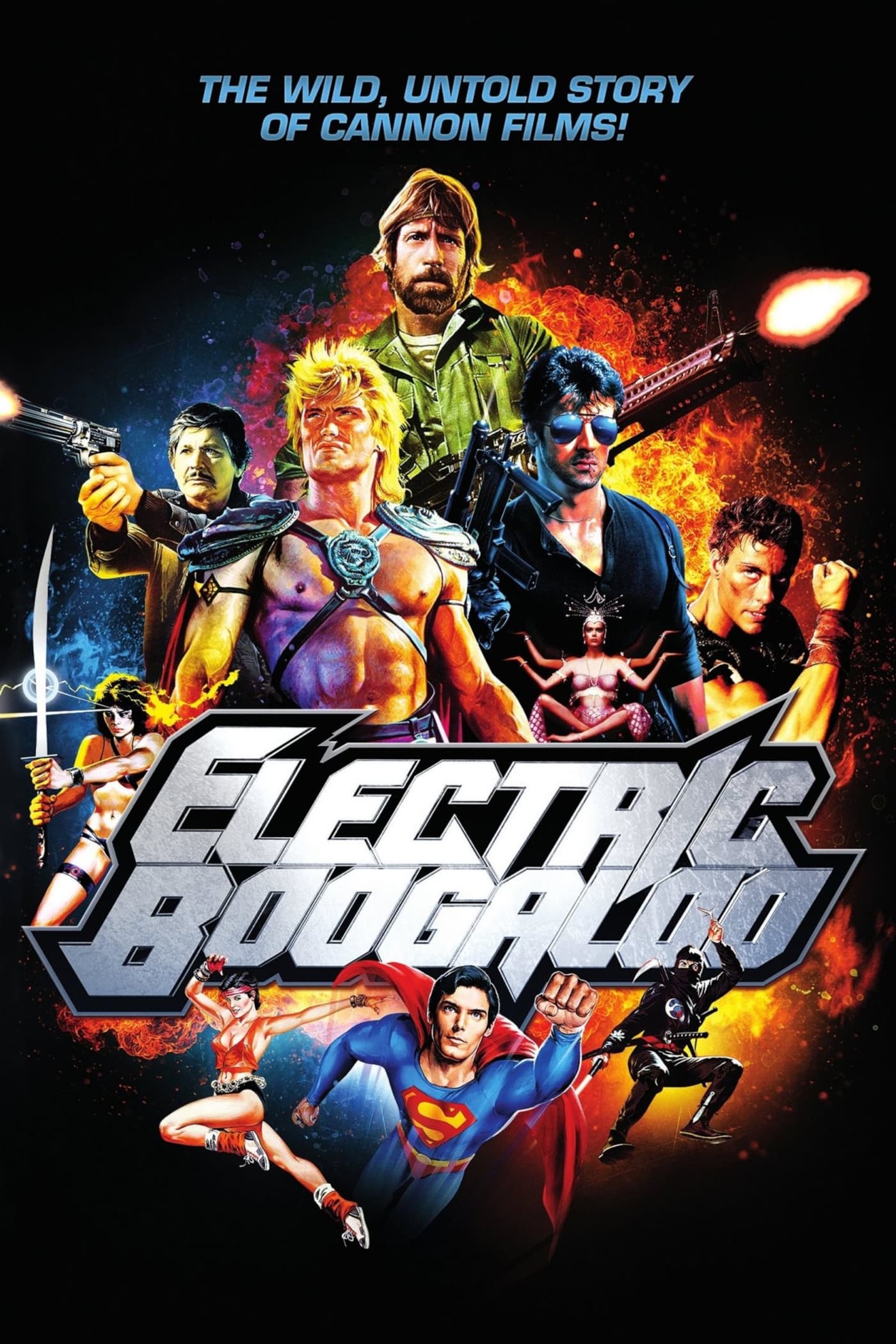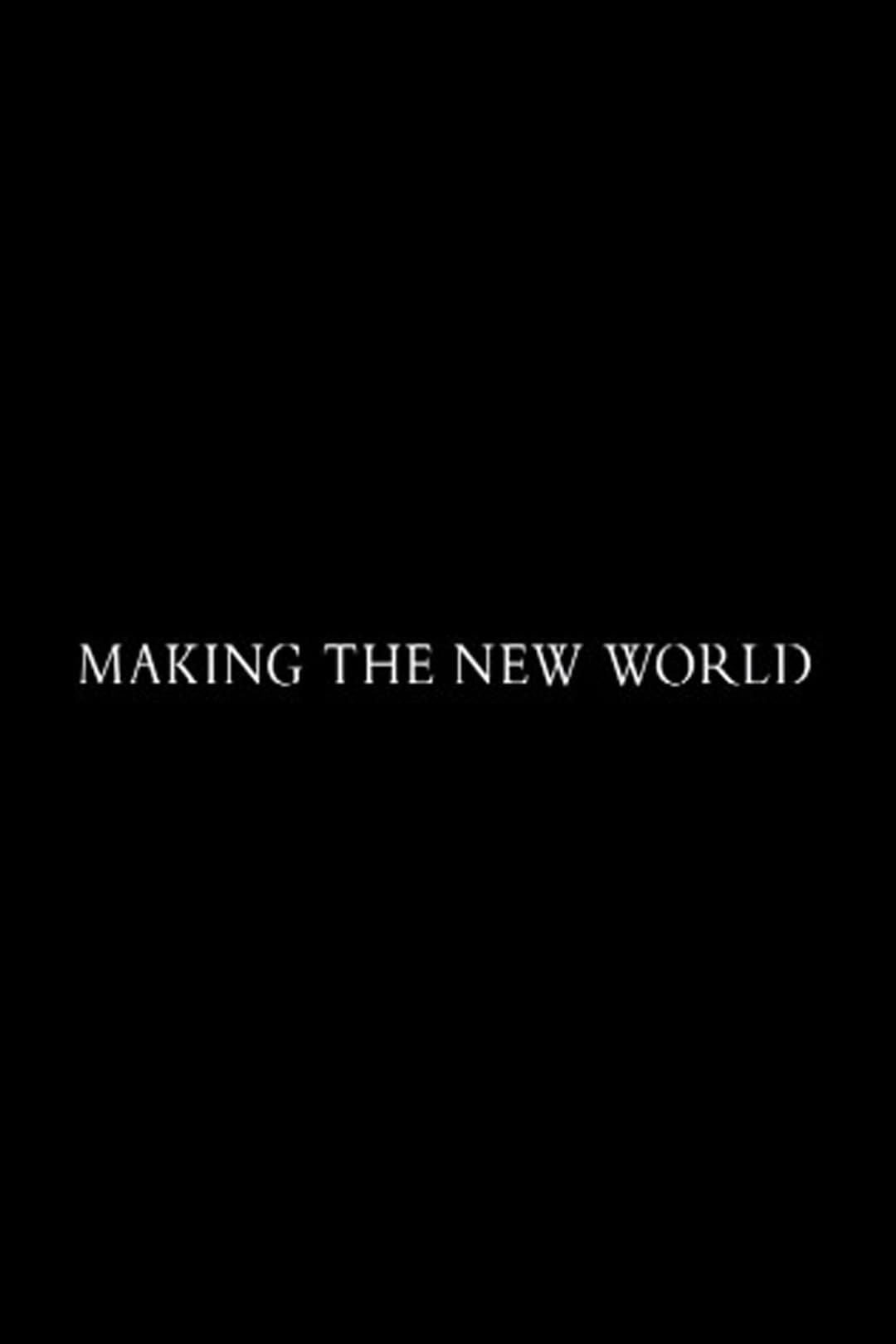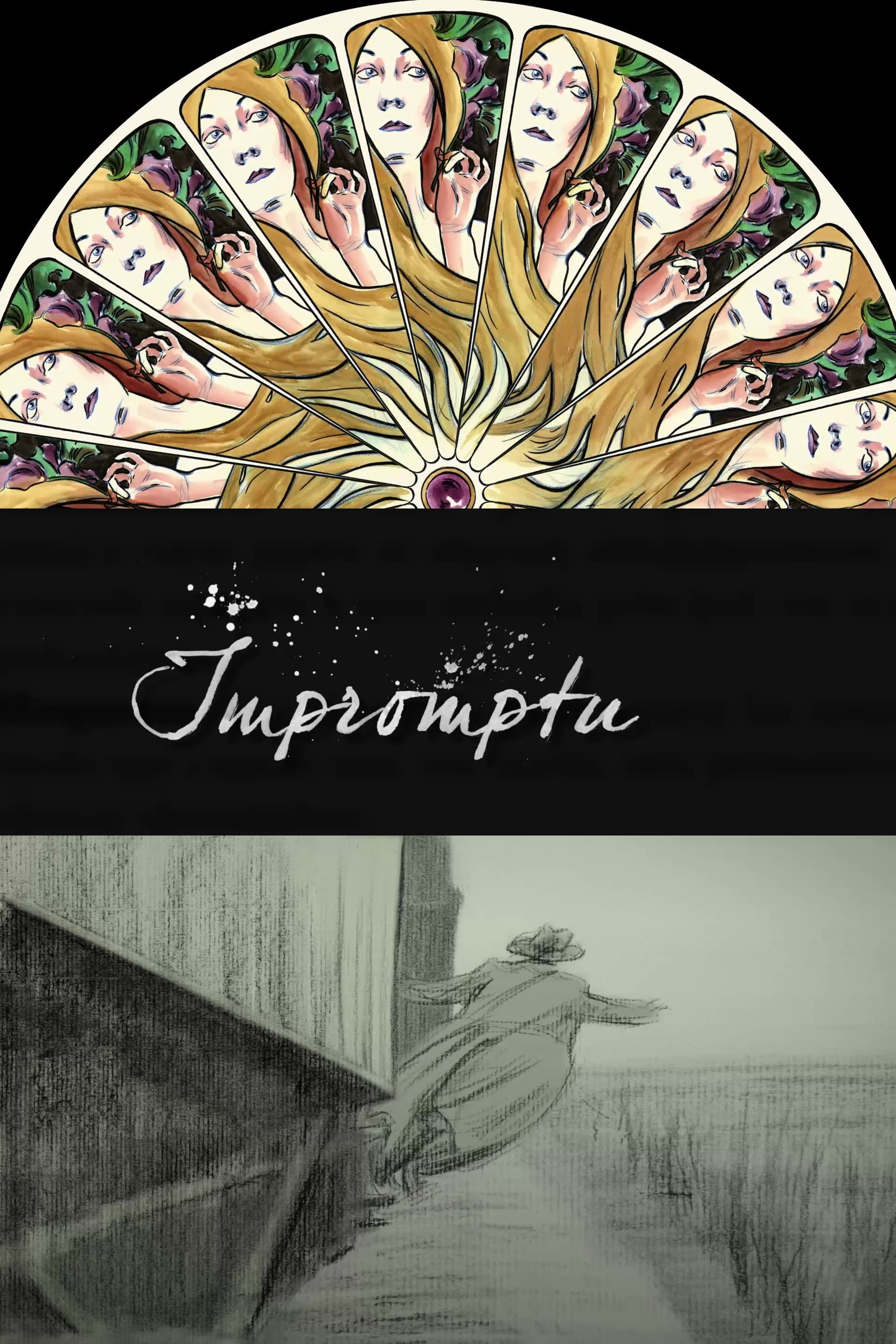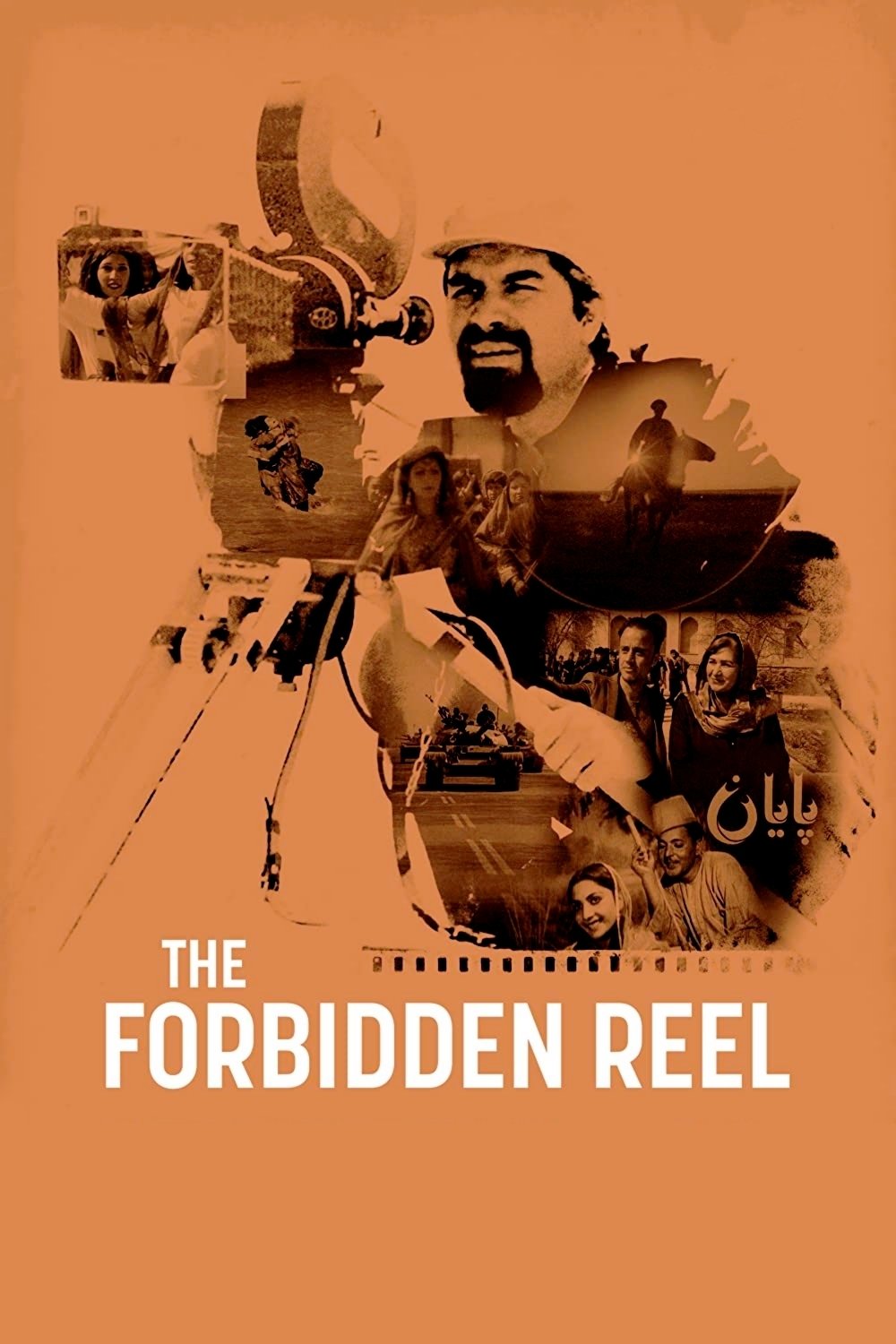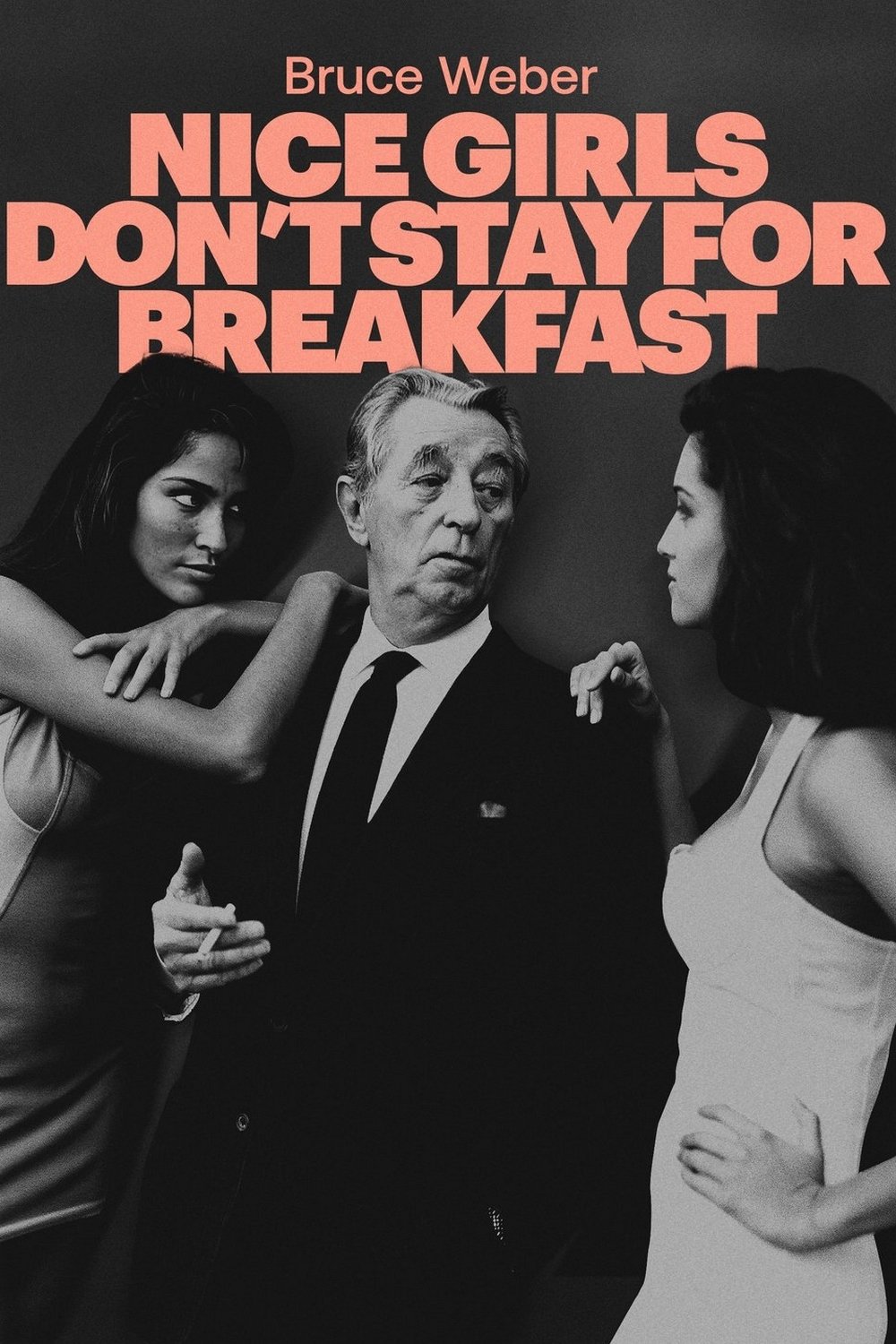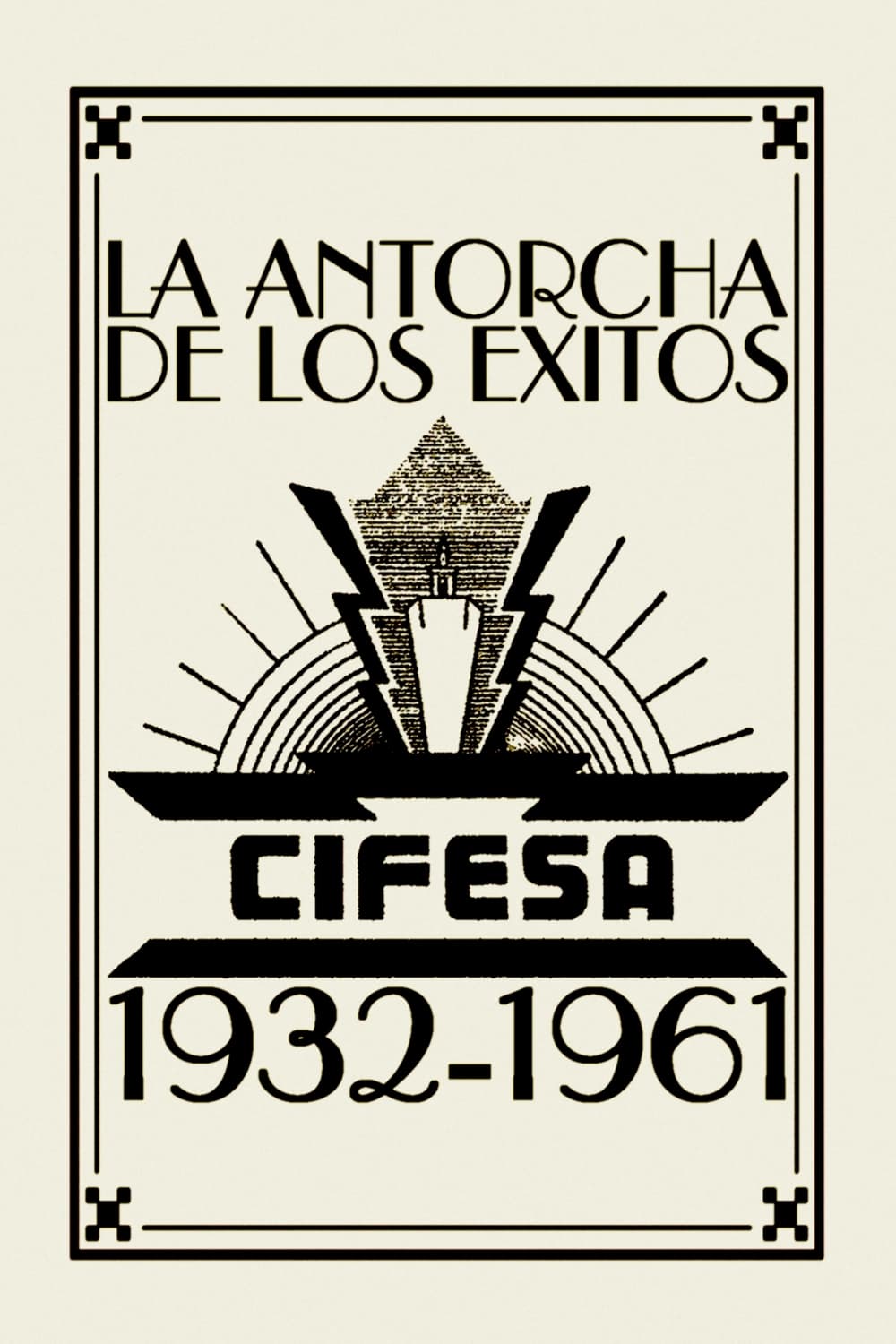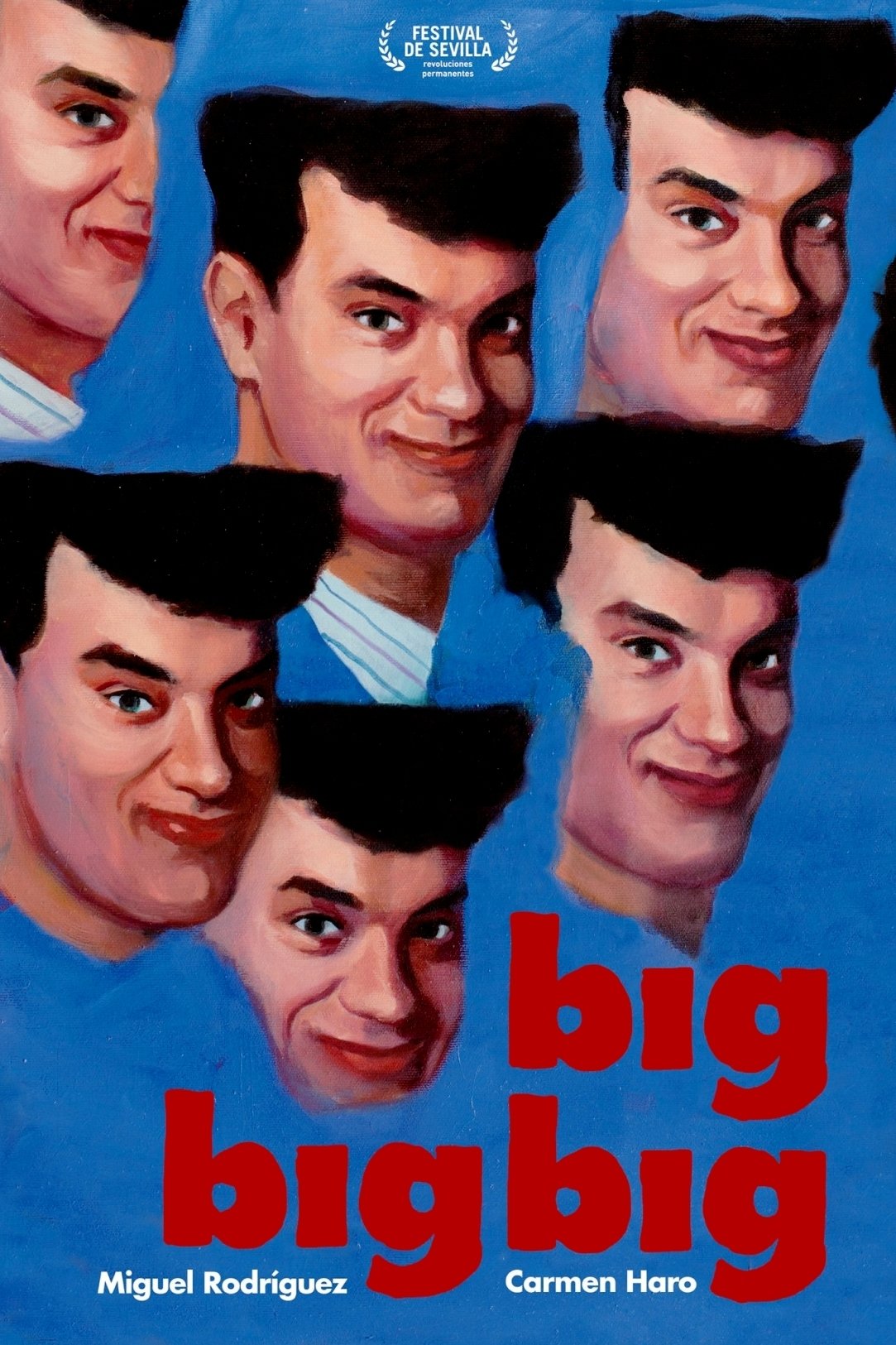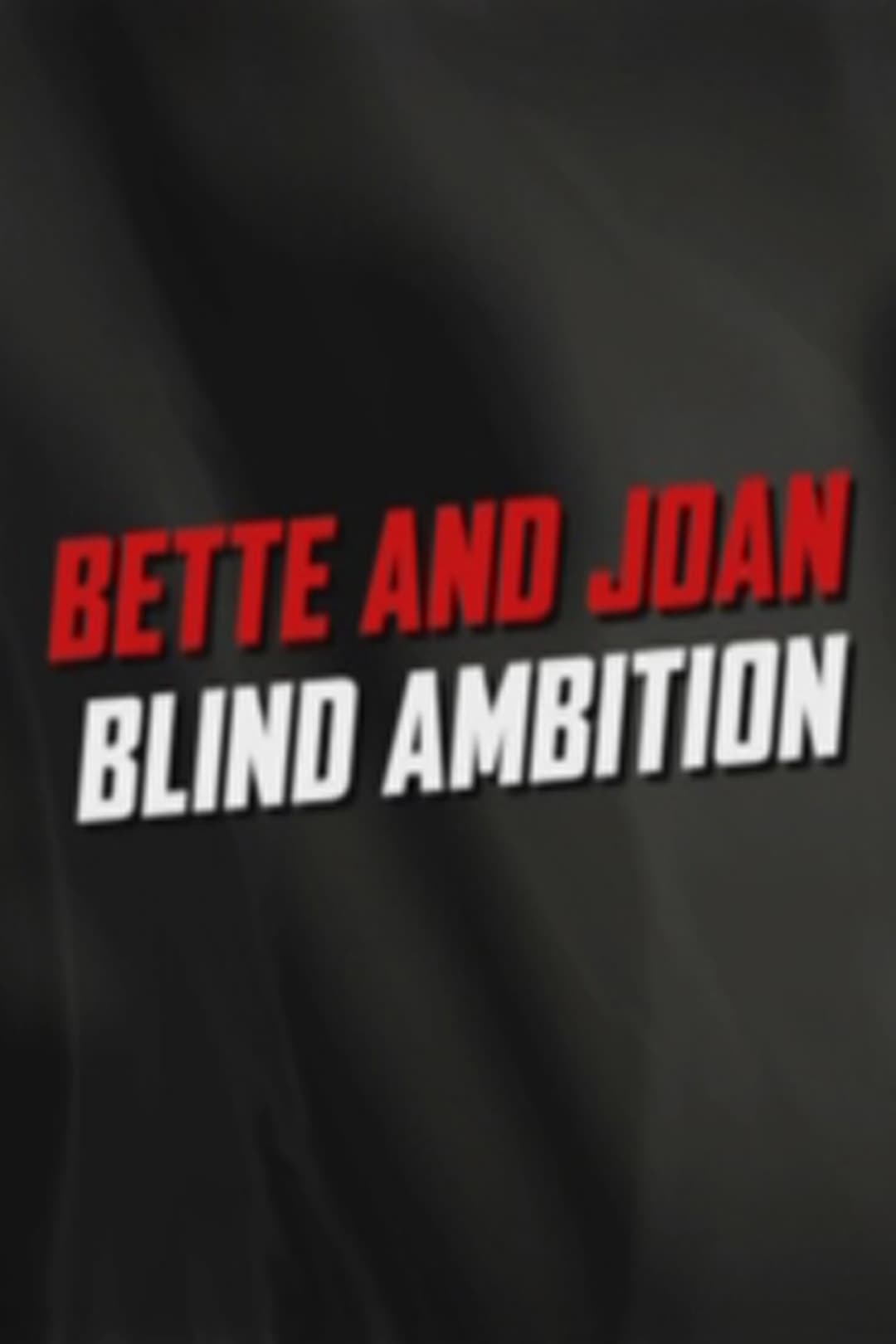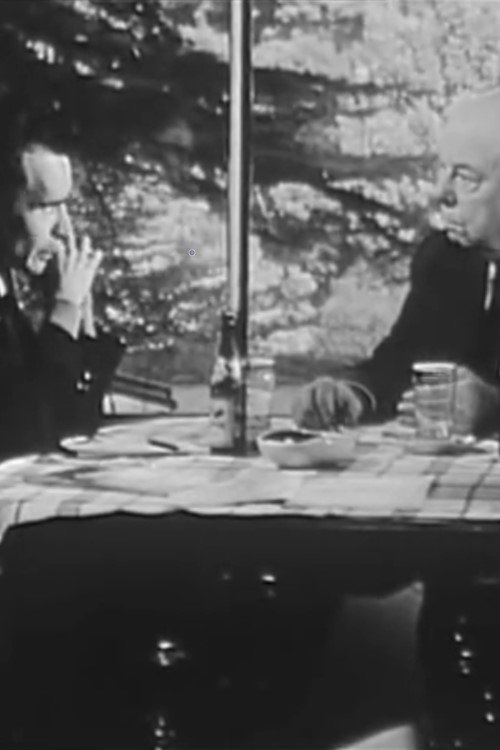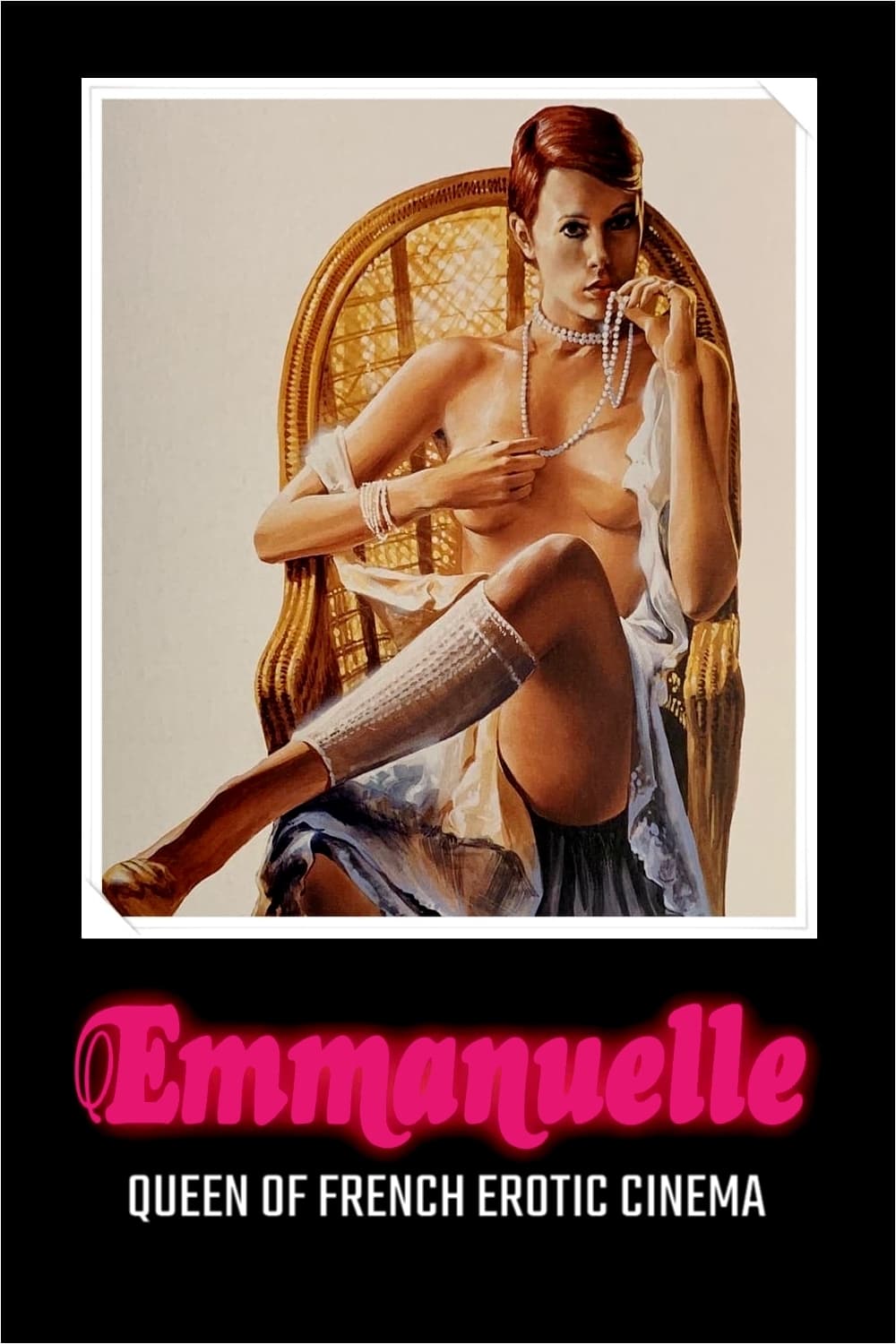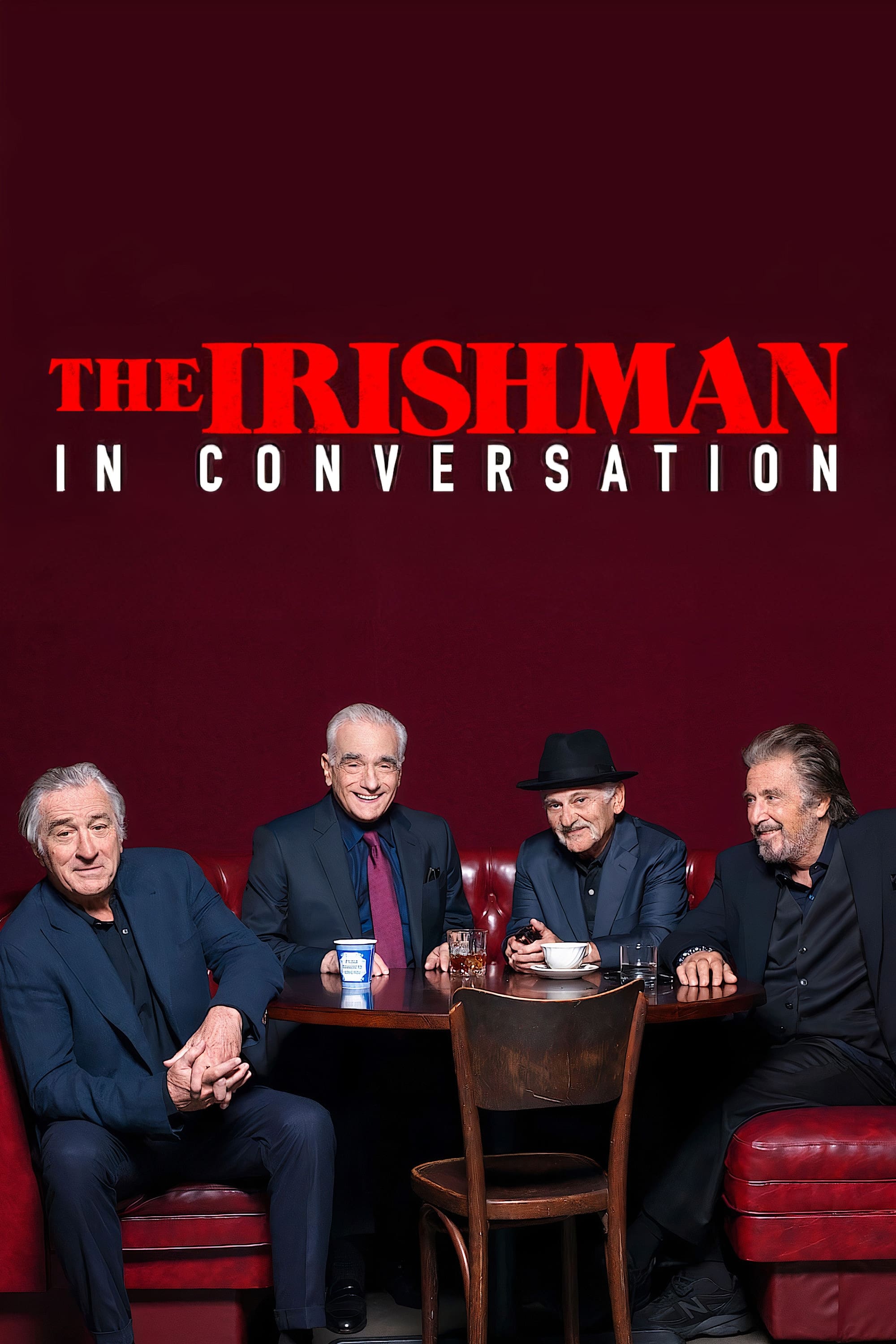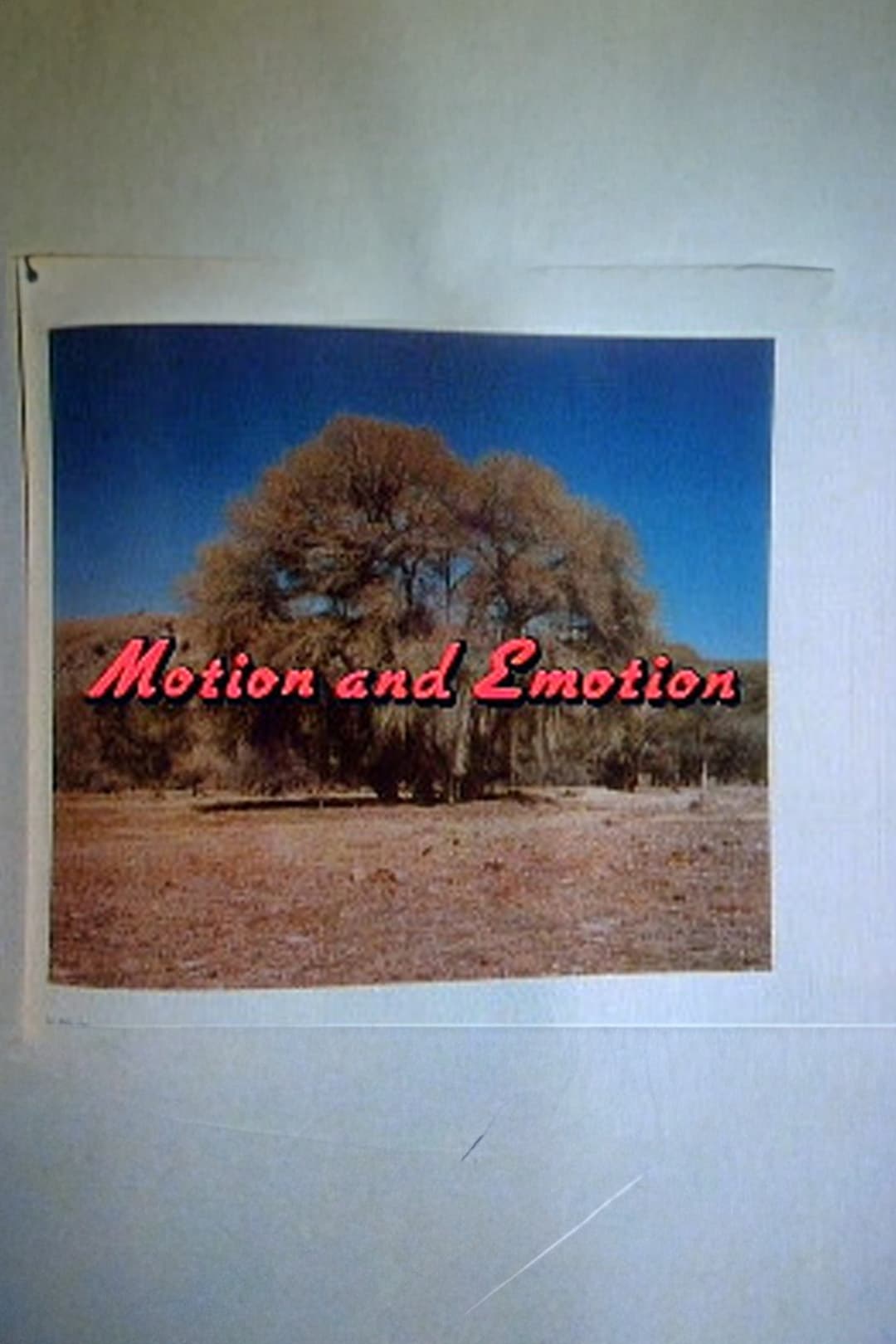
The Cyberpunk Educator (2003)
Released:
2003-01-01
Duration:
1hr 44min
Genres:
Documentary
Rating 0.0
Overview
A 2003 documentary study of mainstream Cyberpunk films of the 1980s created by director Andrew J. Holden. The film uses the structure of literary theorist Northrop Frye to describe the common, repeating stories in Western culture, and how Cyberpunk can be defined and understood according to that analysis, with a focus toward American film industry portrayal of race, gender, and government.
Production Companies
Additional Info
| Budget | $0.00 |
|---|---|
| Revenue | $0.00 |
| Original Language | en |
| Popularity | 0.0286 |
Directed By
Andrew J. Holden
